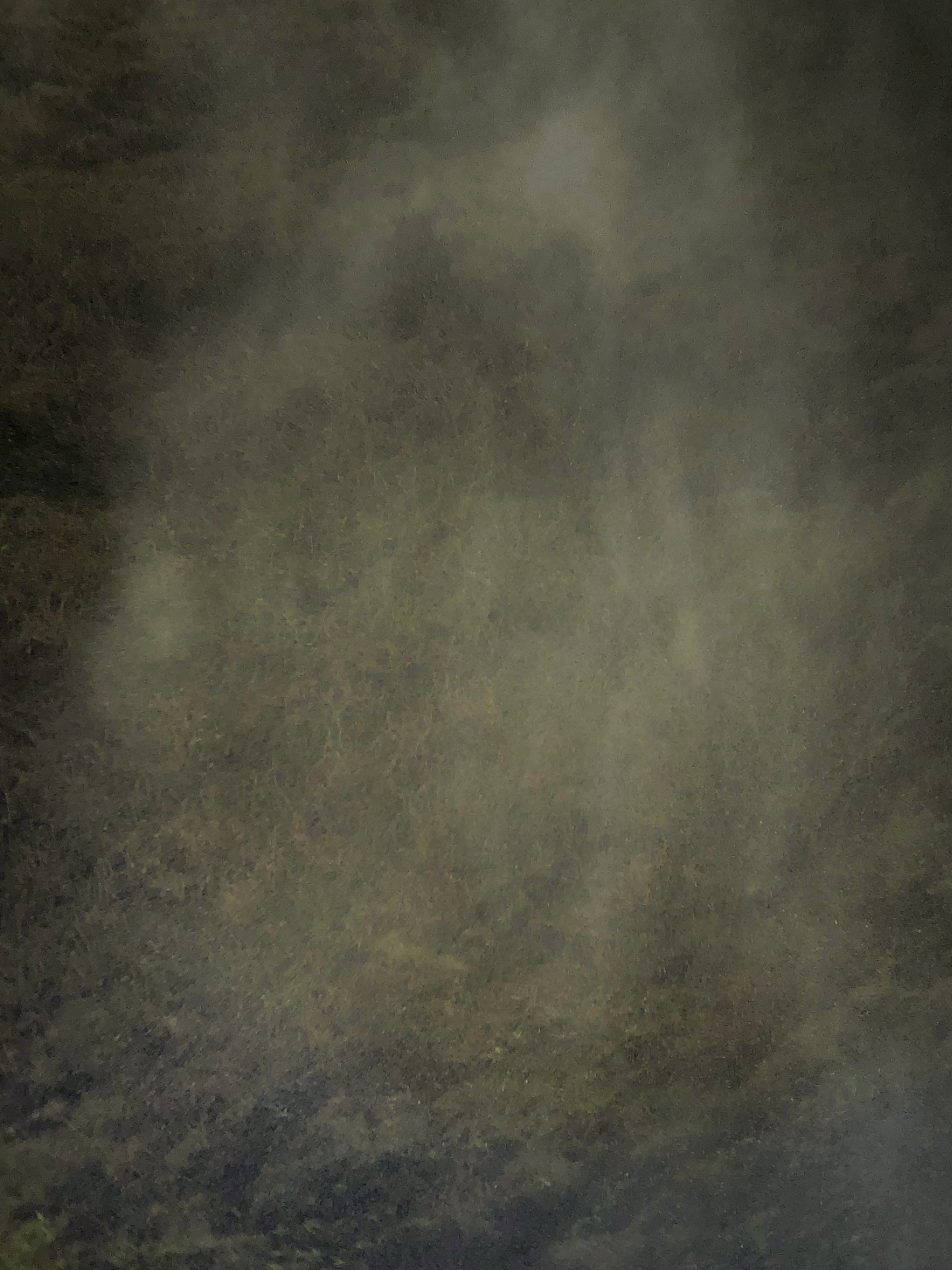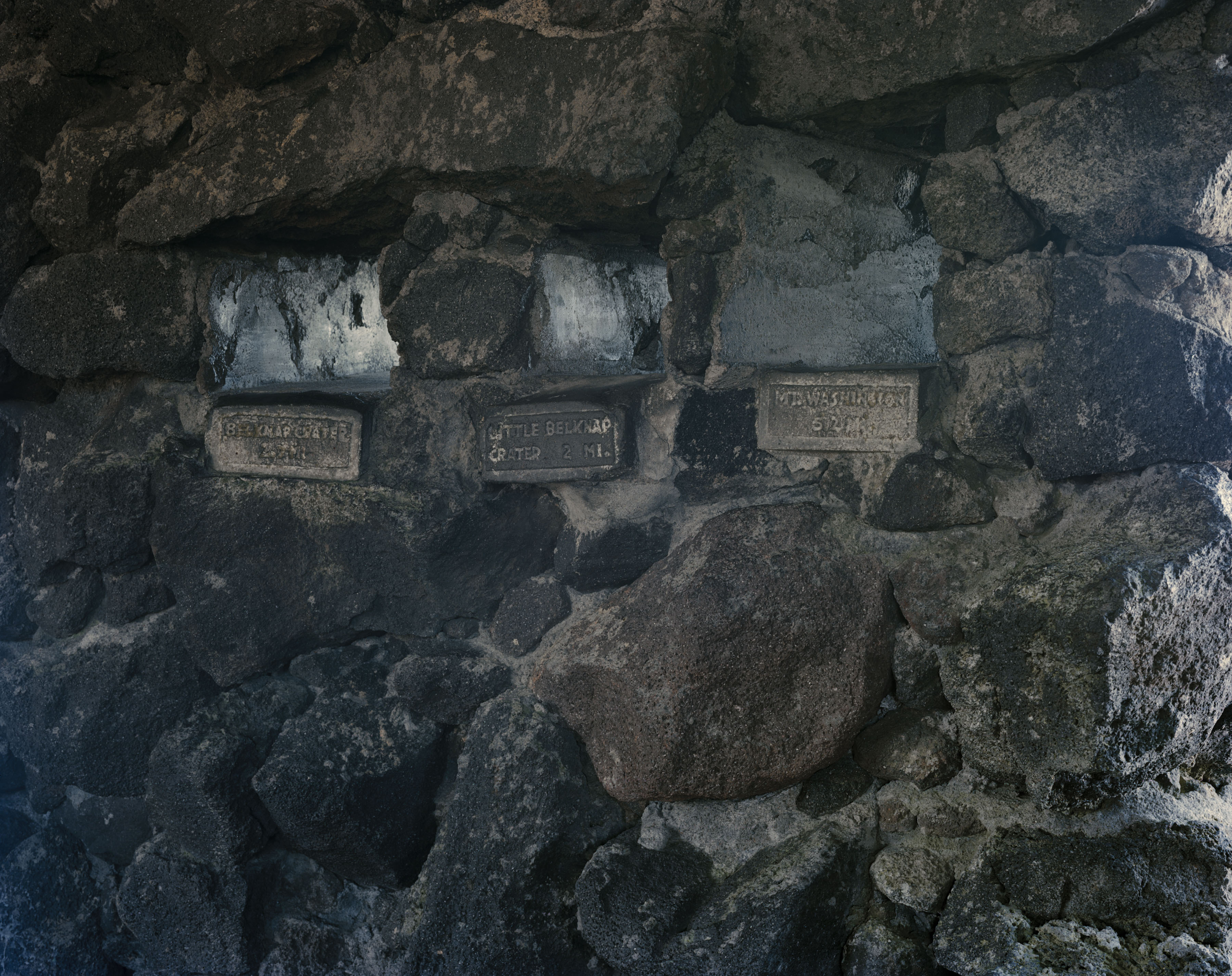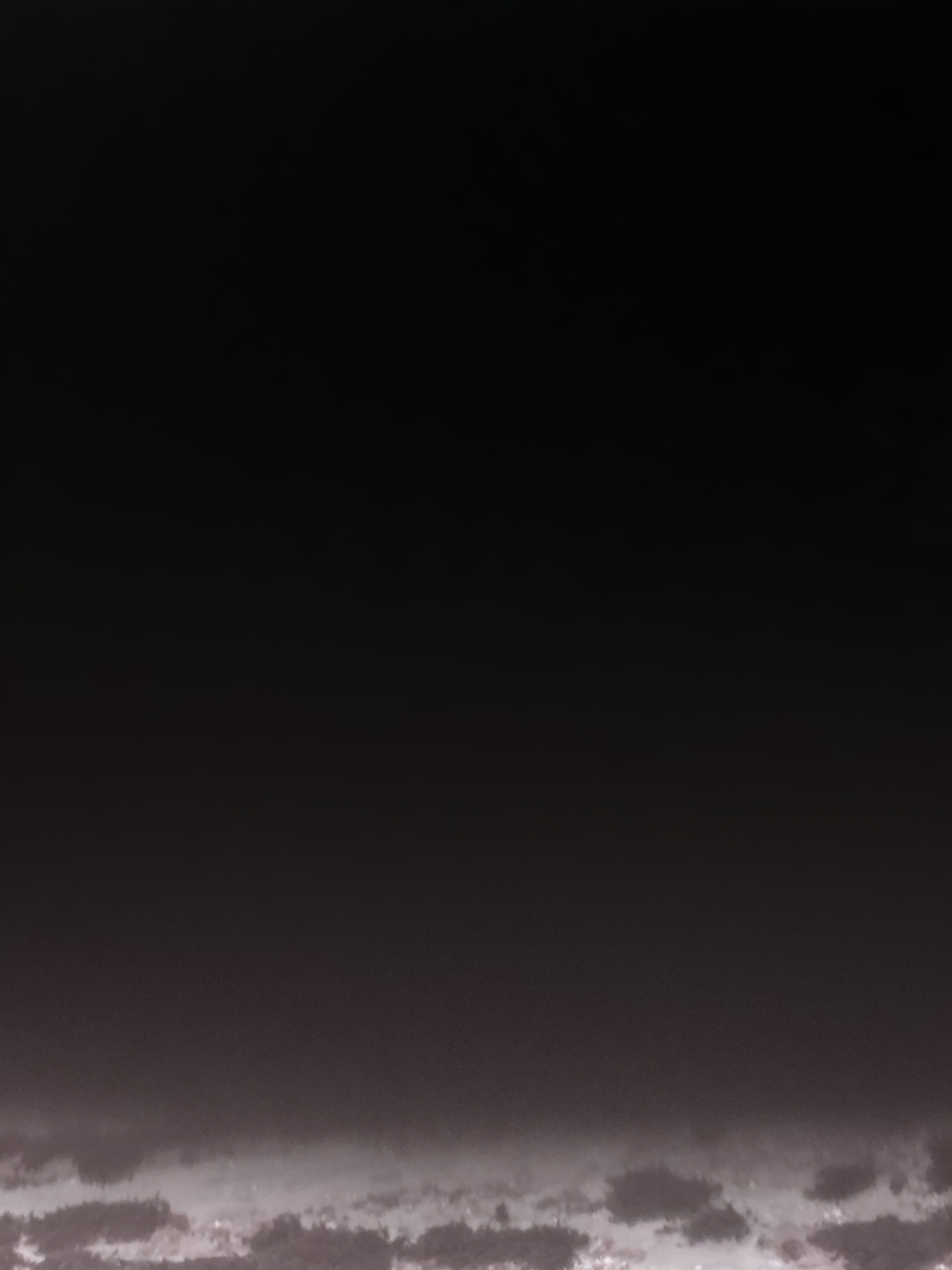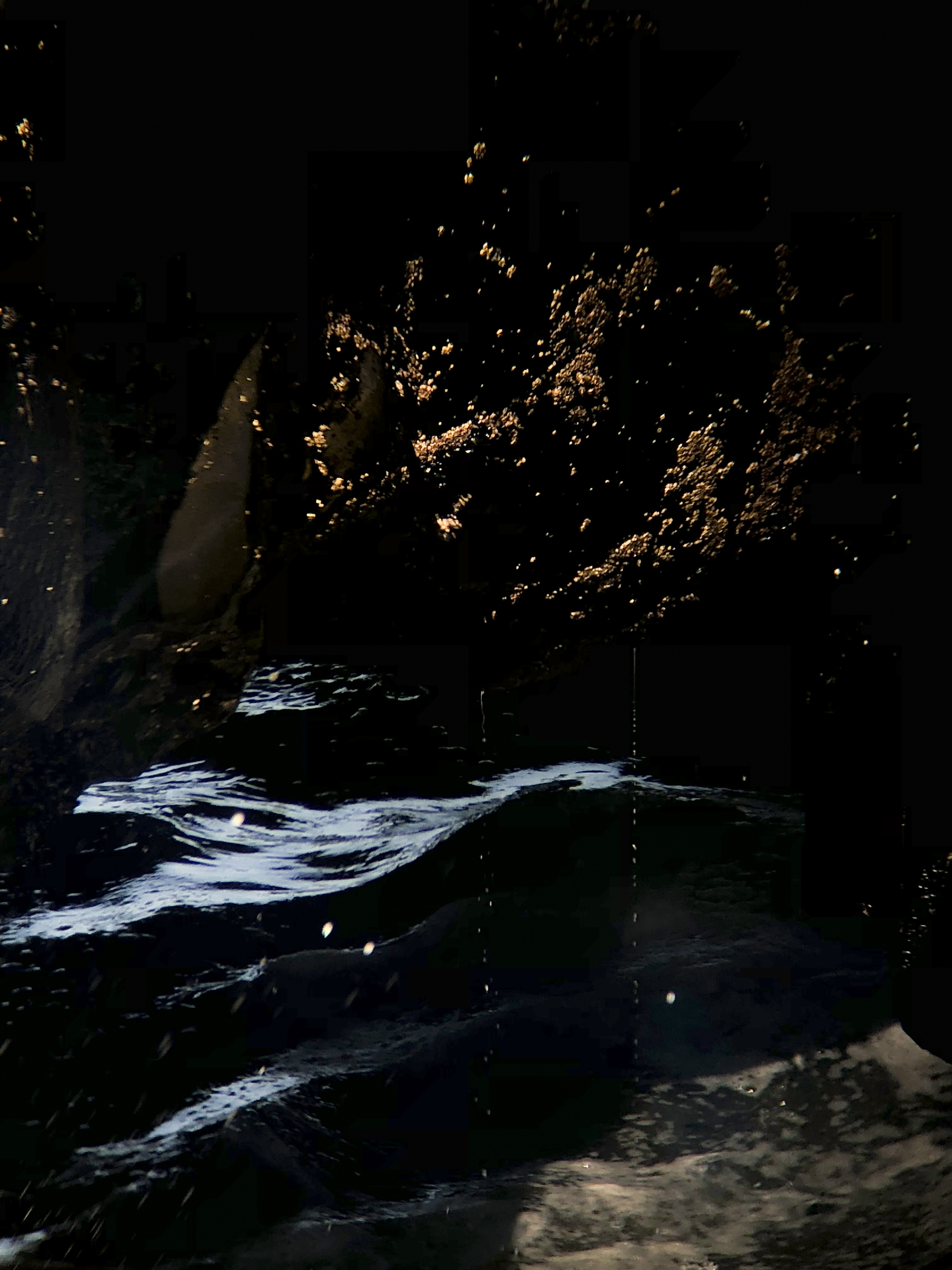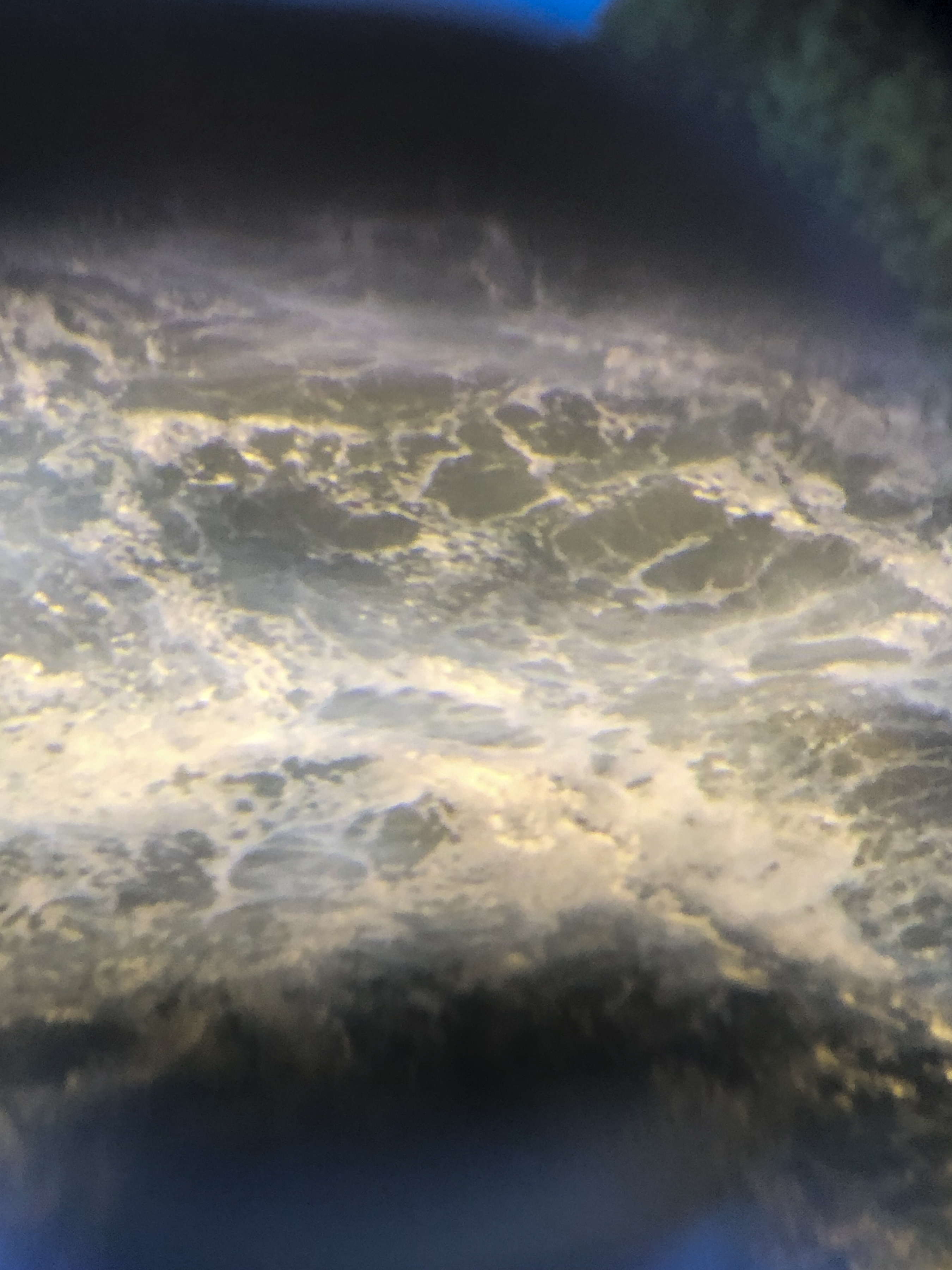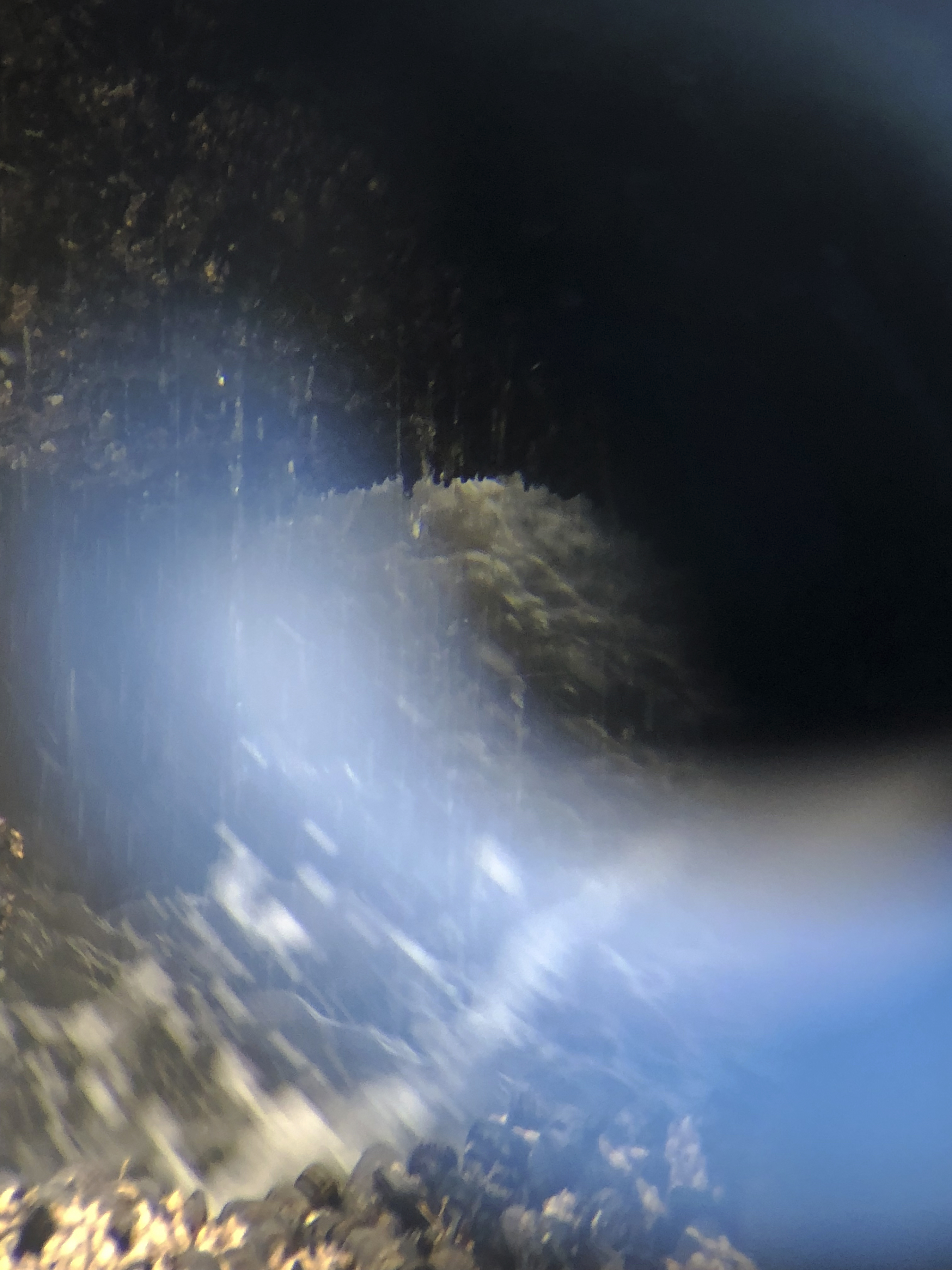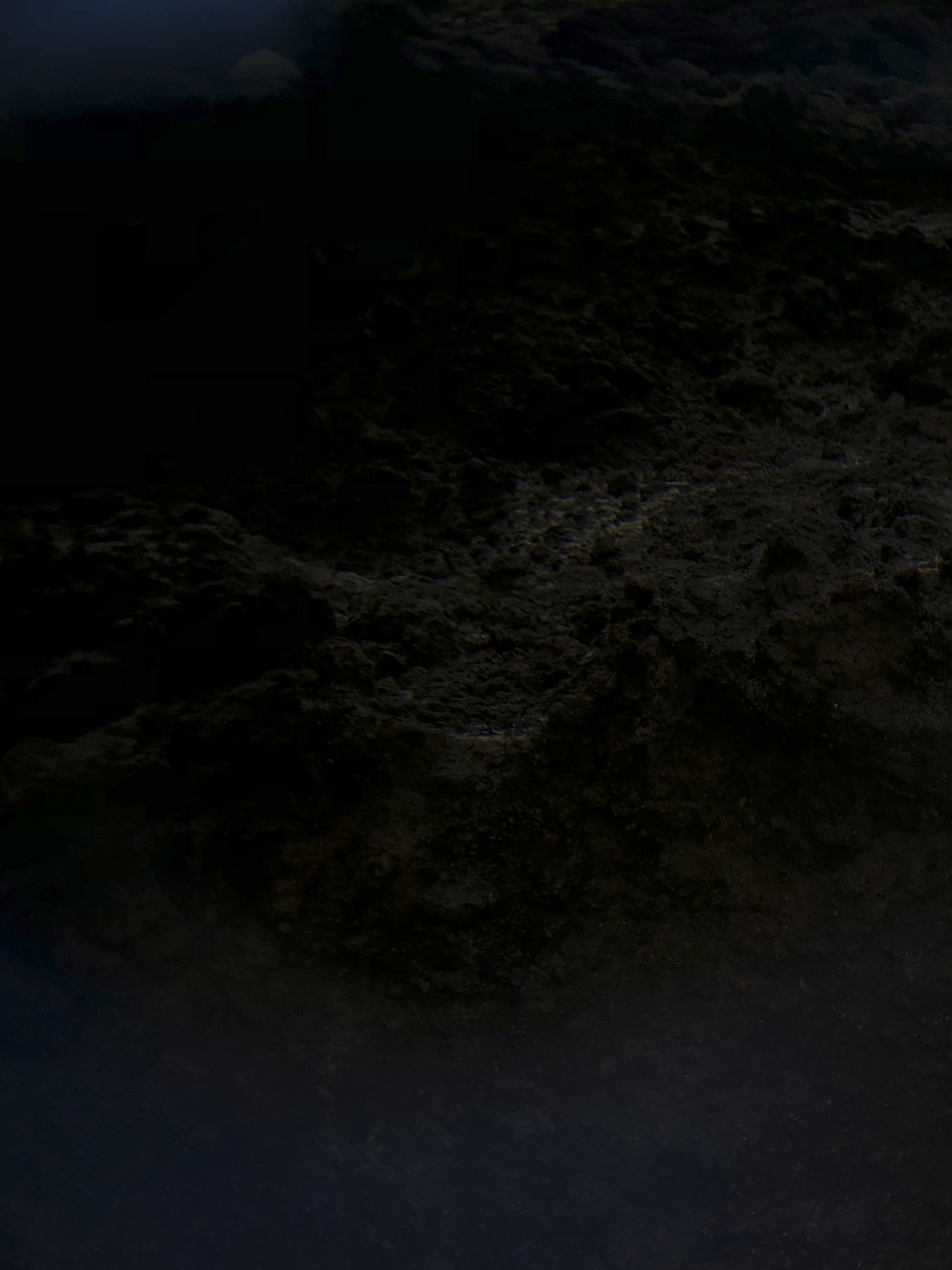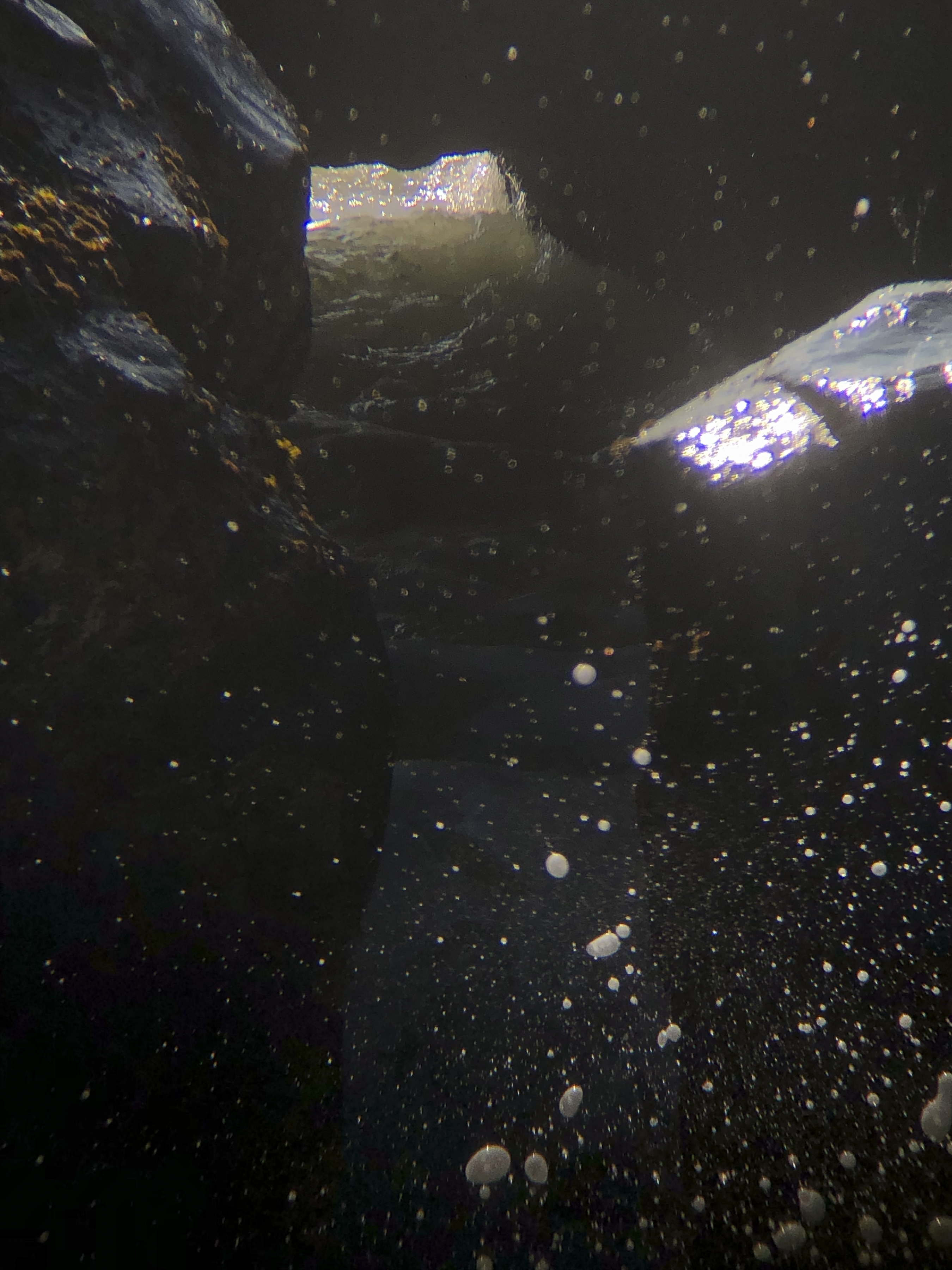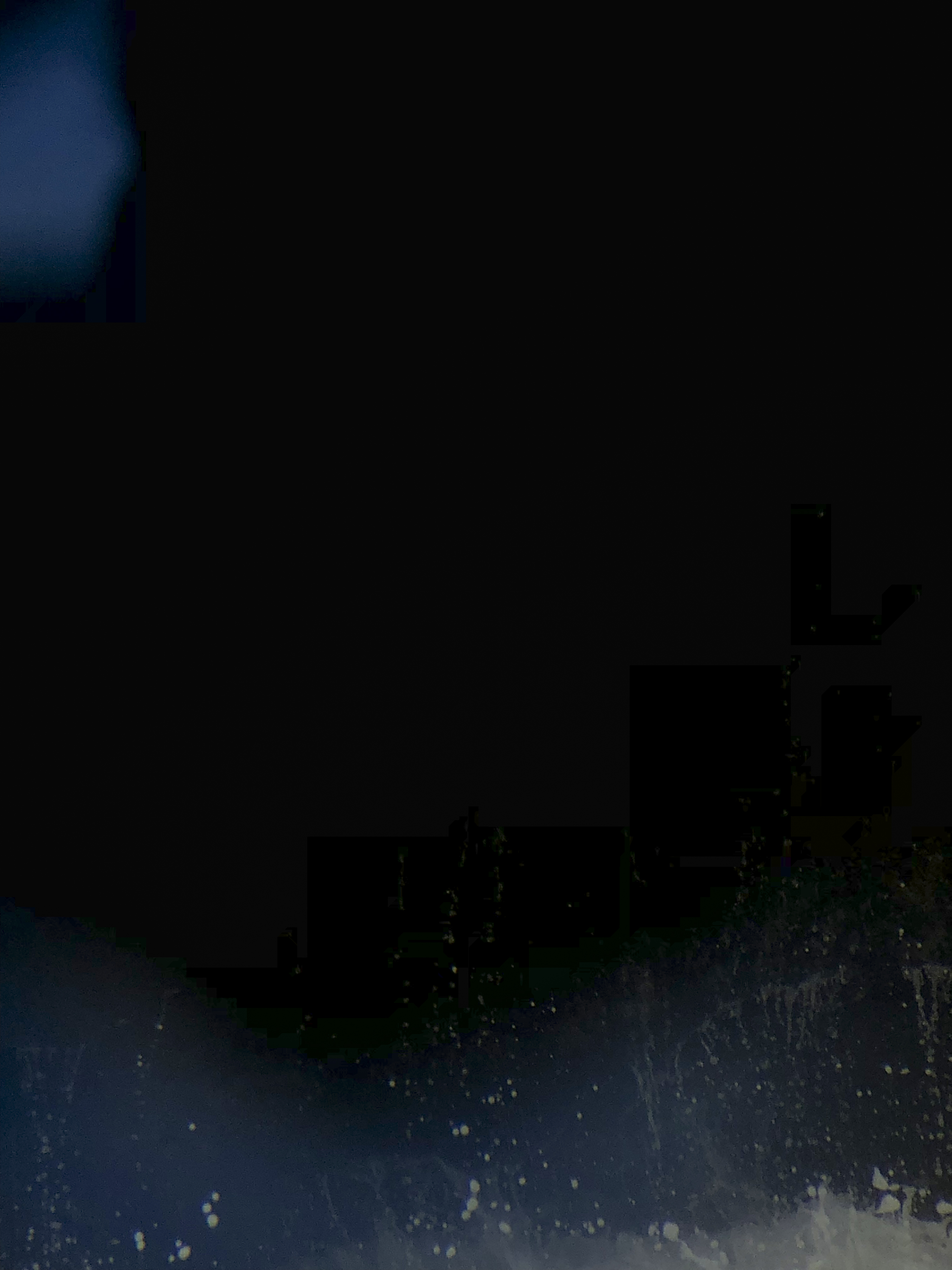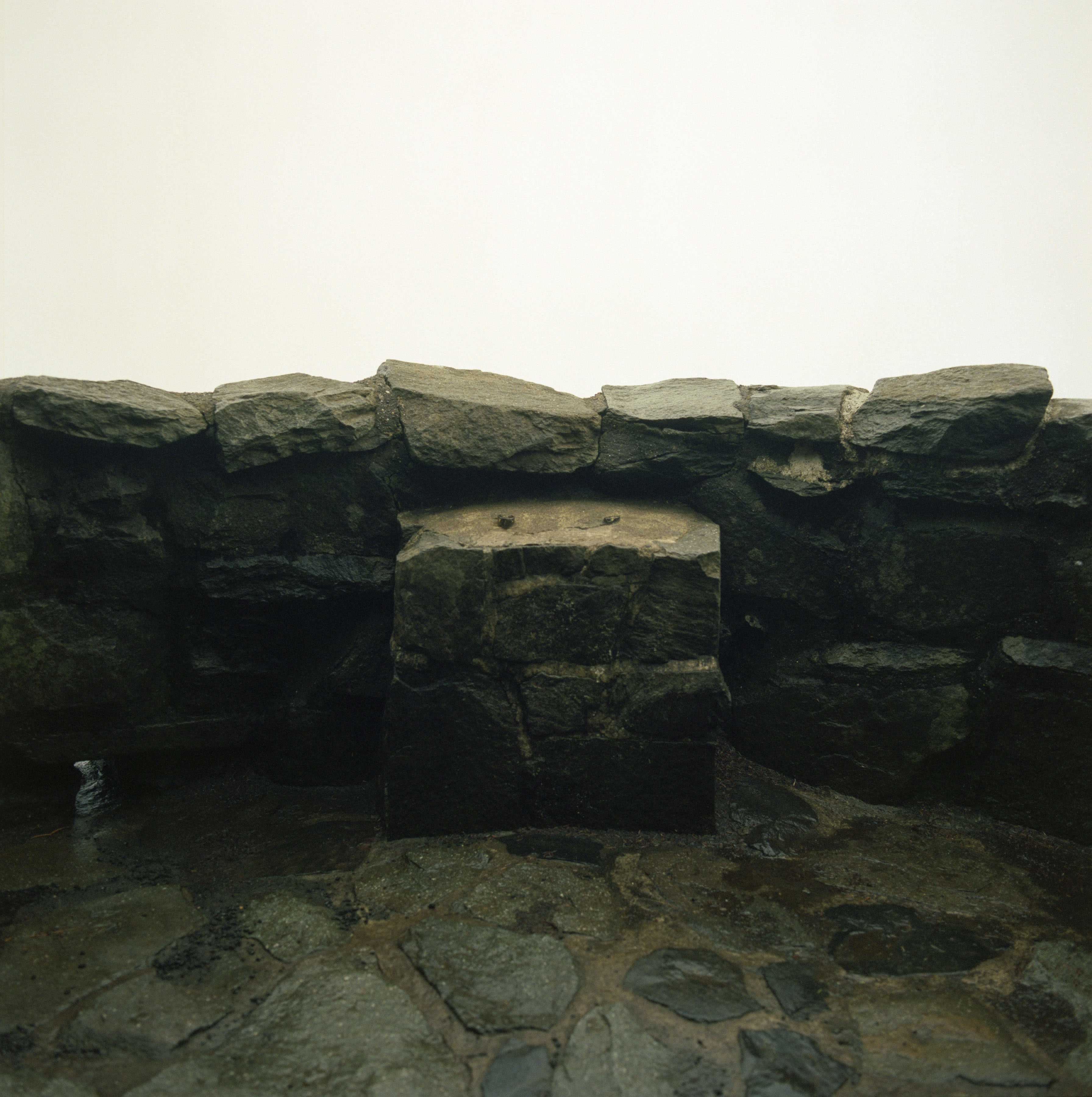Conner Gordon (b. 1994) is an Oregon-based artist exploring photography as unreliable narration. By weaving together photographic sequences through books and installations, he works to retool photography from a pillar of documentary representation into an instrument of experimental narrative. His images have been exhibited at venues including Solas Gallery in Seattle, WA, Blue Sky Gallery in Portland, OR, The Humid in Athens, GA, and Filter Space in Chicago, IL. He was a 2019-2020 Fulbright Research Grantee to Serbia, where he photographed the legacy of Yugoslav-era modernist urban planning. He has self-published three photobooks, with more in the making.
The Overlook
There is a spot out near Seal Rock where the ocean drops away and reveals the most incredible tide pools I have ever seen. I have spent hours craning over them while visiting the Oregon Coast, marveling at anemones and starfish while barnacle-encrusted sea stacks tower overhead. I return to these spaces again and again, scouting for whales from the nearby overlooks and taking photos atop the rocky lattices where earth and tide meet.
At its core, this continual return is about desire–a desire for stillness and for the sublime, rendered accessible by coastal highway and scenic overlook. It is this same desire I pursue in my images that document these trips, as I zoom in on my phone to take in the subtle curve of a wave or a spray of foam. Yet there is always a point where this access is refused: the tide starts to come in, the ground underfoot is unstable, the layers of intertidal life are too thick, the photograph begins to pixelate. The best tide pools, I begin to notice, are those I cannot reach.
The Overlook is a photographic exploration of this relationship between desire, representation, and refusal in the landscape of the Oregon Coast. This work begins within the state parks and scenic overlooks that dot the coast, which attempt to frame the landscape in a definitive vista. In these spaces, I photograph the landscape through strategies that embrace this framing; some images, made on a large format camera, reproduce scenic overlook infrastructure in exacting detail, while others depict the coast through the tunnel-like view of a pair of binoculars.
However, it is these same processes that compromise the images from their outset; the large-format photographs never reveal the spaces their subjects are meant to frame, while the binocular images become peripheral abstractions where optical aberrations, pixelation, and fragments of landscape intermingle. Instead of fulfilling their role as photographs about landscape, the images instead become photographs about looking, as the sublime manifests not as a fixed element of the terrain, but as an elusive resonance that evades photography’s attempts to document it.
I work in this manner to undermine the logic of total representation and definitive view that shapes our understanding of spaces like the Oregon Coast. Drawing from concepts such as Édouard Glissant’s opacity and Anna Lowenhaupt Tsing’s contaminated diversity, I work against singularizing views of landscape that have sought to flatten these spaces into consumable, photo-ready experiences, from Manifest Destiny to the wanderlust Instagram feed. I see the fallibility of the images in The Overlook as a necessary counterpoint to such views: a way of looking that engages with the desire at the heart of the photographic impulse while remaining rooted in the peripheral, the multifaceted, and the irreducible.
www.conner-gordon.com
@conner.gordon
